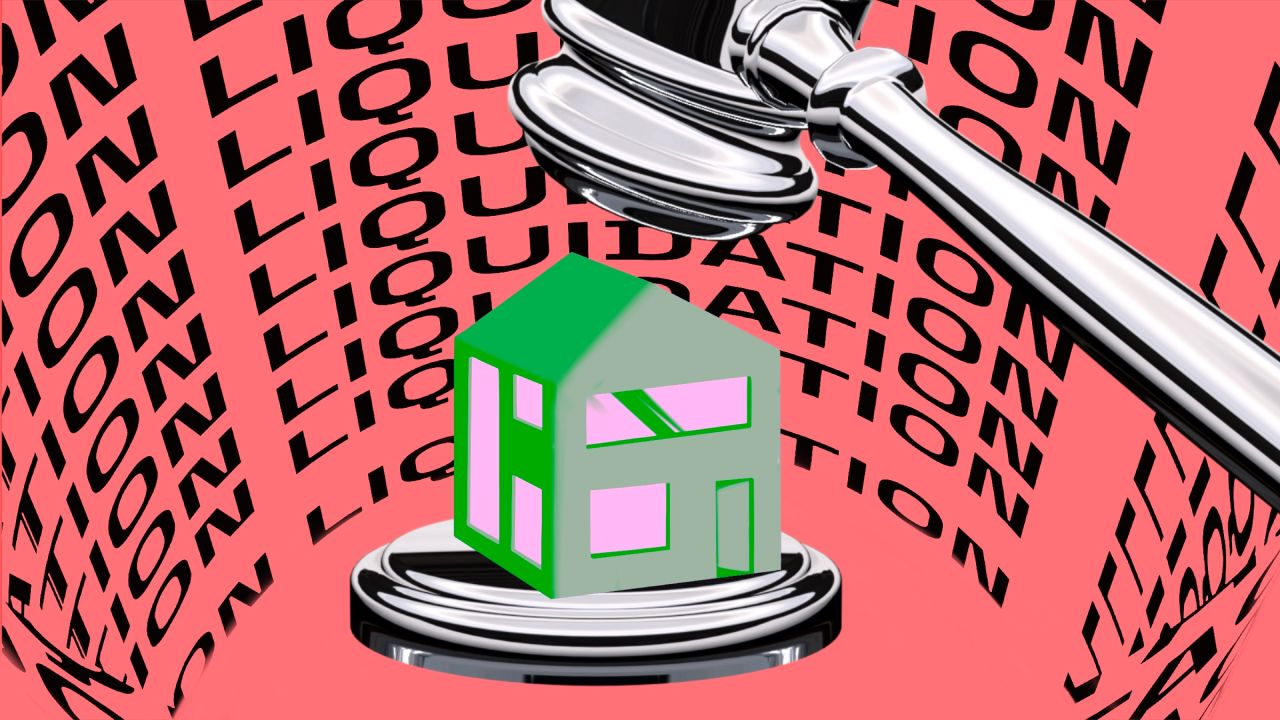
Bitcoin and the US Housing Market: What You Need to Know
The US housing market is facing unprecedented stress, with mortgage affordability dropping to levels even worse than the 2008 financial crisis. Amid this turmoil, the Federal Housing Finance Agency (FHFA) has introduced an innovative shift by recognizing Bitcoin and select cryptocurrencies as assets for mortgage eligibility. But what does this mean for homeowners and crypto enthusiasts?
Affordability Crisis: A Deepening Concern
New data highlights a critical situation in the US housing market:
- “Help with mortgage” Google searches have surpassed their 2008 crisis peak.
- Mortgage costs have soared by 91.9% since 2019, while income growth lags at just 21.9%.
- Late rent and mortgage payments are climbing, reflecting financial strain across the board.
As financial stress escalates, FHFA’s cryptocurrency recognition emerges as a potential lifeline—albeit a limited one.
How Bitcoin Fits into Mortgage Eligibility
In June, the FHFA made a groundbreaking move by integrating cryptocurrencies into the mortgage approval process for loans through Fannie Mae and Freddie Mac. Here’s how it works:
- Only Bitcoin and crypto held on US-regulated custodial exchanges count towards asset assessments.
- Crypto in cold wallets, multisig setups, or self-custody solutions does not qualify.
- Bitcoin is not accepted as collateral; it is merely considered part of an applicant’s net worth.
This recognition gives crypto holders an unprecedented opportunity to leverage their digital assets. However, critics argue this move undermines Bitcoin’s decentralization ethos. Self-custodied Bitcoin—deemed synonymous with financial freedom—remains excluded from the assessment process.
Expert Insights and Industry Reactions
Some industry leaders are applauding the move, citing it as a step toward financial convergence. However, others, including notable self-custody advocate Nick Neuman, have expressed concerns about the program’s narrow framework. According to Neuman, excluding self-sovereign models of Bitcoin ownership contradicts the currency’s core ideology.
Bitcoin financial firm Swan pointed out a broader issue, tweeting, “If your Bitcoin isn’t visible on state-regulated custodial platforms, it still ‘doesn’t exist.’” While Swan called the FHFA move a positive step, it warned of the risks inherent in centralized control.
Real-World Implications Amidst a Housing Crisis
The FHFA’s initiative may play a more symbolic role than a practical one. For crypto holders who are asset-rich but cash-poor, the change could unlock homeownership opportunities otherwise out of reach. However, with restrictive eligibility criteria and the escalating housing affordability crisis, Bitcoin’s influence in this space remains niche—for now.
To those eager to maximize their crypto’s potential, exploring compliant custodial platforms could be a fruitful step. Consider platforms like Coinbase, a US-regulated exchange offering secure options for Bitcoin storage and management. By utilizing such tools, crypto holders can enhance their financial profile while staying in compliance with current regulations.
Conclusion: A Symbolic Step Forward
The inclusion of Bitcoin in mortgage eligibility marks the beginning of crypto’s role in mainstream financial systems. While the initiative highlights the growing legitimacy of digital assets, its current scope limits its impact on the ongoing affordability crisis. As the housing market grapples with record levels of financial instability, the broader integration of decentralized solutions like Bitcoin will demand a more balanced approach—one that values both innovation and self-sovereignty.
Are you a crypto holder looking to leverage your assets for financial opportunities? Stay informed with our newsletter filled with market insights, tips, and updates on Bitcoin’s evolving role in personal finance.





